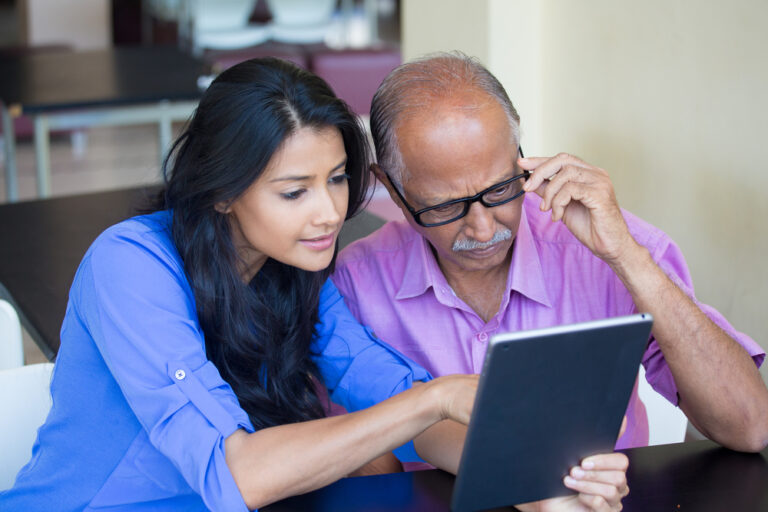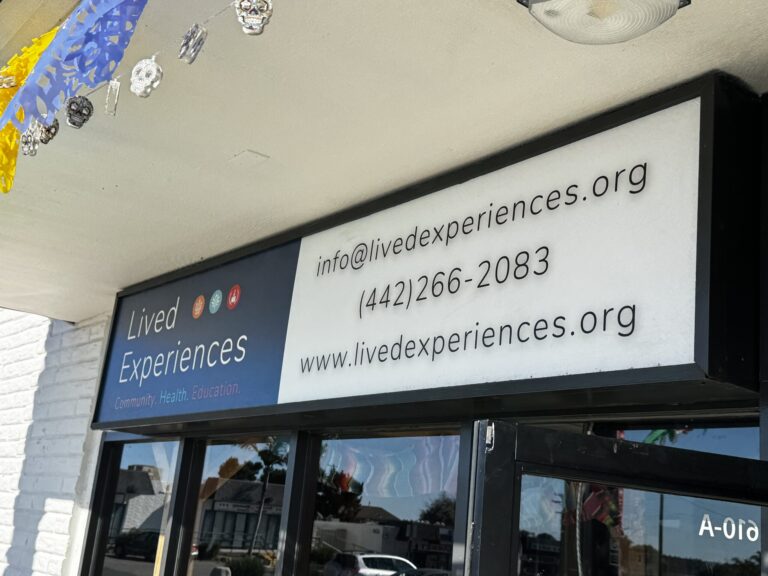By Melanie Slone
Scams are on the rise all over San Diego, including the North County. “Scammers are so good at what they do. They are so sophisticated, and they are using our own technology against us,” says Scott Pirrello, Deputy District Attorney, Head of Elder Abuse Prosecutions for the San Diego District Attorney’s Office.
Pirrello notes that 1 in 5 people have admitted to being scammed. “You’re talking about hundreds of millions of dollars being lost,” he says.
There are some common scams to be aware of.
The Tech and Banking Scam
A popup or message gets victims to call a phone number so their device can be checked; scammers put remote access on the device and tell victims a virus is putting their financial accounts at risk. They may even pass the victim off to a so-called investigator from the IRS or someone supposedly from the bank. “The scammers actually pass their victims around from scammer to scammer.” Victims believe the call is legitimate, but scammers are working together.
Scams against Latinos
A common scam with Latinos is when someone calls and tells victims that a family member, often in another country, is in trouble. Or grandparents are told their grandchildren have been taken. With artificial intelligence, scammers can mimic the voice or even the face of loved ones.
“They’re also preying on people’s fear of immigration status, says Pirello. “They might call with a false narrative about how people need to comply with some new law.” They might pose as someone who won the lottery but needs someone who is documented to cash a ticket.
Other scams involve false payments, such as traffic tickets or utilities that victims are told they must pay right away.
Social Media Scams
“Younger people have a lot more exposure on social media,” says Pirrello. “There are predators that pose as other kids their own age, asking for personal information,” or who get the victims to share photos of themselves and then blackmail them to keep the photos from being distributed.
“The so-called ‘friends’ you have on social media networks could be anyone,” says Pirrello. He also warns against sharing your location.
Romance and Investment Scams
Both men and women pose as successful, attractive professionals or members of the military who are “away” a lot. A relationship develops and then something happens, says Pirrello. “Someone’s injured. They need help with medical bills or…they get held up in customs…” The victims, in love, send money. “We’ve seen people lose millions to these types of scams”.
Another common scam is called pig butchering. “Victims are convinced that they can make a lot of money by downloading an app that looks like a legitimate banking or investment account.” You may make some money at first or someone may even send you money to get you to move all your investments to a new account that you think is getting great returns. But the app is a scam. “Pig butchering is where the most amount of money is being lost,” says Pirrello.
Money Transfer Scams
Victims are instructed to withdraw large amounts of cash or gold, package it, and ship it somewhere, sometimes through couriers. Bitcoin ATM machines can take a bar code in a text message to convert currency to cryptocurrency. Gift cards can also be used to extract money.
How to Protect Yourself
- Verify everything. Look up the app or organization.
- Scammers force people to act irrationally by creating an emergency. No one from any bank or the government is going to contact you and demand that you pay a sum of money immediately.
- If you are confused, hang up and call back, using the numbers on the back of your cards, or visit your financial institution.
- Don’t click on links without verifying the source.
- Have safe words or codes that only your family members know and use them to discover scammers.
- If something sounds too good to be true, it is too good to be true, whether in romance or investing.
- Talk to someone in your family or group of close friends before handing over money.
- Don’t share photos or information on apps.




